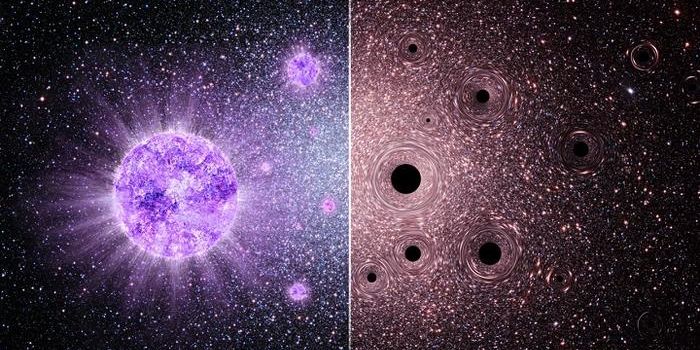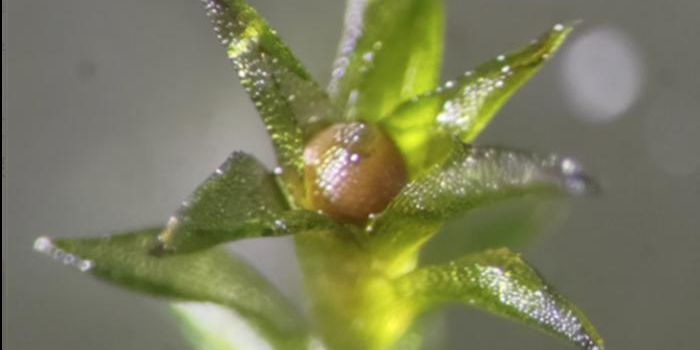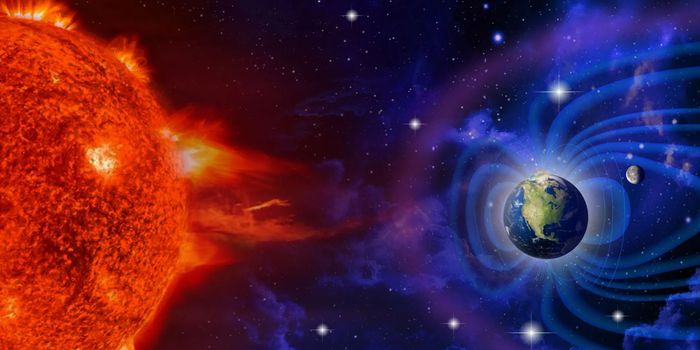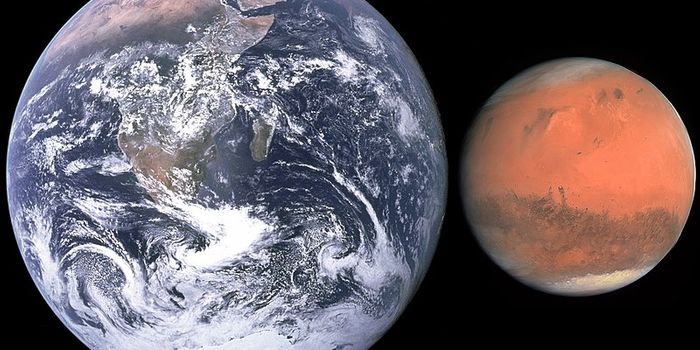Climate change is disrupting species interactions
A new study published in Nature Climate Change details yet another danger of climate change – disruption to species interactions. Species interactions are part of what keep ecosystems in balance and thriving. The study, which was carried out by scientists at Fundação de Amparo à Pesquisa do Estado de São Paulo, concluded that climate change has the potential to alter the ecological interactions between predator and prey species, a disturbance which would ultimately change the natural world as we know it.
"The study describes the causes of this disruption and shows it can be explained by the components of climate that will change in future, especially temperature," said lead author Gustavo Quevedo Romero, a professor at the University of Campinas's Biology Institute (IB-UNICAMP) in São Paulo State, Brazil.
Certain species play specific roles within ecosystems. For instance, there are primary producers, consumers, and decomposers; there are herbivores, omnivores, carnivores, insectivores, frugivores, and scavengers; and amongst these roles, there are countless interactions that take place between them to maintain an equilibrium within an ecosystem. Predator-prey interactions were the topic of this research.
The study’s findings concluded that various aspects of climate change will affect predation. For instance, the scientists found that higher temperatures and a more stable climate with less seasonal variability lead to more intense predation pressure – in other words, a huge disruption from the status quo. But at the same time, with increased climate instability, particularly in the tropics, we can expect to see an overall decline in predation pressure in the tropics while predation pressure will rise in some temperate regions.
"Temperature instability rather than warmer temperatures will reduce predation pressure," Romero said. "This impact will be exacerbated in tropical regions, where the climate is projected to become more unstable. Such reorganization of the forces of species interactions could have disastrous consequences for terrestrial ecosystems and for the ecosystem services they provide, such as biological control and nutrient cycling.”
The researchers say that we can expect these changes by 2070. "The most important consequence is simple. If the current climate affects current predation pressure, then we can expect climate change to lead to a change in predation pressure. Climate change is reflected by not only changes in species distributions but also changes in the interactions among species," Romero said. "A decrease in predation pressure in the tropics could affect tropical crop yields, and in turn, this effect would increase risks to food security owing to a reduction in the efficiency of biological control in areas that are already more vulnerable due to climate change."
Sources: Science Daily, Nature Climate Change









